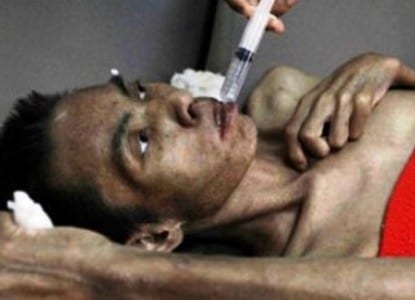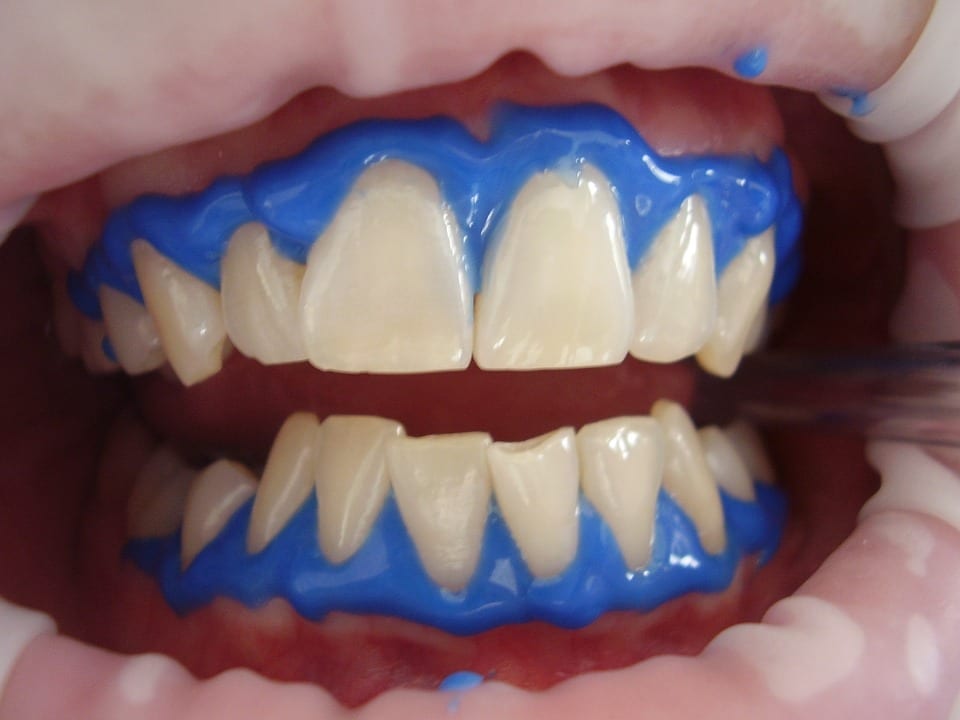WASTING is a process by which an incapacitating disease leads to thinning of muscles and loss of body fat.
In patients with AIDS, wasting has multifactorial causes that include reduced food intake, poor absorption of nutrients and changes in the way the nutrients are processed/metabolized in the body.
AIDS patients consume little amounts of food because of low appetite, due to disease or side effects of drugs, such as nausea, vomiting, altered sense of taste or decreased appetite.
It is of note that patients with stomach pain, mouth or throat sores may find it difficult to eat. Eating may also be impaired in AIDS patients with altered mental state caused by either the HIV or brain opportunistic infections.
Caretakers, in addition, may contribute to wasting by putting the patient on a very restrictive diet. Lack of money and perpetual fatigue can also make it difficult to buy food or prepare meals.
AIDS patients may harbour opportunistic infections in their small bowels that may interfere with absorption of nutrients. The HIV can also directly damage small bowel walls leading to reduced food absorption.
Patients with diarrhoea due to HIV, opportunistic infections of the bowels or as a result of side effects of drugs may become wasted due to nutritional losses with diarrhoeal stools.
Cytokines, which are chemicals that start the process of inflammation to help the body fight infections, and changes in hormone levels can alter the speed at which nutrients are metabolised. Cachexin is an example of the cytokines causing wasting in AIDS patients. Increased energy requirement by the body in patients feeding poorly can cause the body to use its fat and muscles as sources of energy.
Infections also increase the body?s energy requirement. Patients with AIDS can lose up to 10 per cent of body weight or more. Wasting increases with HIV disease progression.
While women tend to lose more fat than muscle mass, men lose more muscle mass than fat. Low levels of male hormones called androgens and cessation of periods (menstruation) amongst women with AIDS can contribute to the loss of muscle mass with advancing disease.
According to the World Health Organisation, HIV wasting syndrome constitute stage 4 of HIV disease, which is advanced HIV disease.
HIV wasting being a disease of multifactorial causation, similarly its management requires multidisciplinary approach. Such should include patients themselves and caregivers (clinicians, family members, counsellors, and home based care providers, etc).
There is no standard treatment for wasting. However, appetite stimulants and measures that reduce nausea or stop vomiting can help increase food intake.
Diarrhoea and bowel opportunistic infections should be treated to improve absorption of nutrients.
Those patients with reduced appetite should consume little amounts of food frequently to maintain adequate energy intake and should be encouraged to take frequent sips of sweet fluids. Treatment of hormonal changes is expensive.
Complications of severe wasting include loss of body shape and poor self-esteem. Moreover, it carries unfavourable disease outcome. Therefore, HIV wasting should not be overlooked but managed by all involved parties as mentioned above.





Be the first to comment on "Managing body wasting in AIDS patients critical"